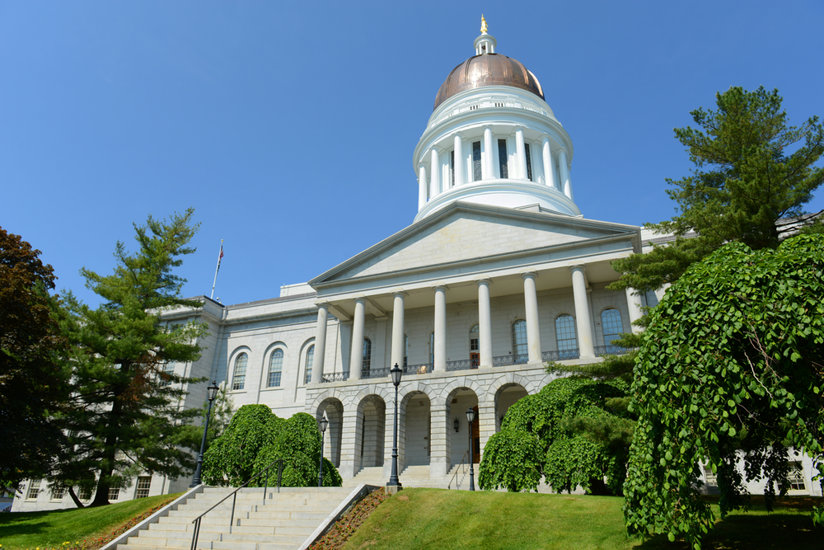
-
HOME
-
WHAT IS STANDOur Mission Our Values Our Help Contact
-
WHAT WE FIGHT FORReligious Freedom Religious Literacy Equality & Human Rights Inclusion & Respect Free Speech Responsible Journalism Corporate Accountability
-
RESOURCESExpert Studies Landmark Decisions White Papers FAQs David Miscavige Religious Freedom Resource Center Freedom of Religion & Human Rights Topic Index Priest-Penitent Privilege Islamophobia
-
HATE MONITORBiased Media Propagandists Hatemongers False Experts Hate Monitor Blog
-
NEWSROOMNews Media Watch Videos Blog
-
TAKE ACTIONCombat Hate & Discrimination Champion Freedom of Religion Demand Accountability
U.S. Supreme Court Upholds Tuition Payments to Religious Schools

On June 21, 2022, in Carson v. Makin, the United States Supreme Court found unconstitutional a Maine law denying tuition assistance for use in religious schools.
Many areas of rural Maine do not have their own secondary schools, prompting the state to provide funding to parents to pay for education at private schools.
State law had specified that religious schools could not be covered by the program.
The Supreme Court, however, determined that denying an educational benefit to parents who want their children to attend a church-run school violates their rights to the free exercise of religion as guaranteed by the First Amendment.
The decision is consistent with two other recent Supreme Court rulings.
While the First Amendment guarantees free exercise of religion, it also prohibits the establishment of religion. In that regard, the Court concluded that making government payments to a religious entity based on the decision of an individual parent does not qualify as such an establishment of religion.
The decision is consistent with two other recent Supreme Court rulings. In 2017, the Court ruled in Trinity Lutheran Church of Columbia v. Comer that a Missouri program which offered grants to nonprofit organizations to install more child-friendly playground surfaces could not deny the grant to a Church-run preschool simply because it is religious. In a 2020 case, Espinoza v. Montana Department of Education, the Court struck down a Montana law which had prohibited parents from using state scholarship funds to educate their children at religious schools.






